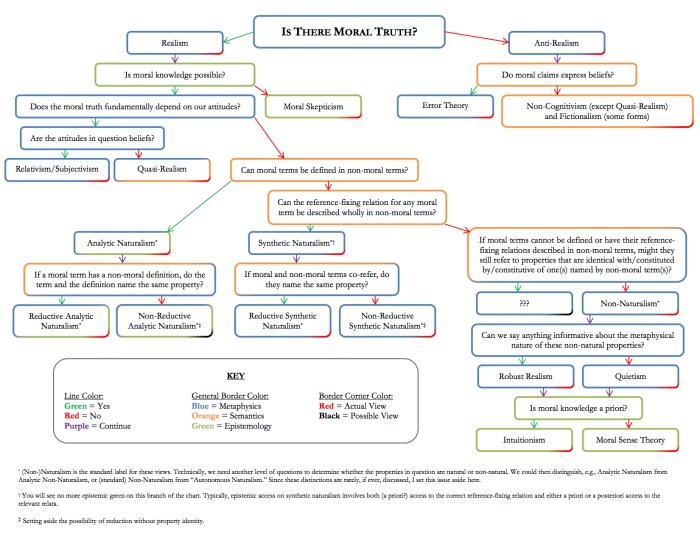The most well-known argument for the permissibility of abortion is Judith Jarvis Thomson’s violinist analogy, described in ‘A defense of abortion‘. Here, she imagines someone waking up to find themselves kidnapped and a famous, unconscious violinist plugged into their body. The violinist needs the use of their body for nine months to survive, and unplugging the violinist would kill him. Thomson claims the victim would be under no obligation to keep the violinist plugged in, and likewise a pregnant woman is under no obligation to continue providing life support for her fetus. Yes, it would be nice if she did so – performing what Thomson calls a ‘Good Samaritan’ act – but she is not obliged to.
Thomson’s argument is important because it does not rely on the moral status of the fetus. She claims that even if the fetus is regarded as a person in the moral sense – possessing the same moral status as an adult human being – her argument is still valid. Of course, there are various objections to Thomson’s reasoning, and debate is ongoing. A thorough and recent evaluation can be found in Kate Greasley’s excellent Arguments about Abortion: Personhood, Morality, and Law. But for those who rely on Thomson’s violinist as support for their pro-choice position, a distant storm is slowly brewing.
That storm is the relentless advance of new technology: the artificial womb is coming, and it may eventually have a significant impact on Thomson’s violinist. It has been mooted for a long time, but in 2017 it was announced that premature lambs were kept alive for four weeks in bags of fluid. They appeared to develop as normal, and those that were brought to term were removed and bottle-fed, and were doing well. As the technology improves, it should eventually be available for premature human babies. It’s a long way off, but it’s even possible that IVF embryos could be brought to term entirely in artificial wombs, a process known as ectogenesis. No female womb required.
So what? Well, a crucial point of Thomson’s argument is that she does not think there is a right to the death of the fetus. Her argument is that there is a right to extract the fetus to end its use of the mother’s body for its life support. For Thomson, the death of the fetus is an unfortunate byproduct of ending the pregnancy. Ectogenesis alters this situation dramatically. If we assume that the technology also includes the ability to safely extract the fetus at any stage of pregnancy (yes, this is a big assumption), then Thomson’s argument (as far as she is concerned) is no longer an argument for abortion, but rather for ectogenesis. The fetus gets to survive.
This possibility is rather awkward for the pro-choice position. There aren’t any other significant arguments that grant the permissibility of abortion in the case that the fetus is regarded as morally equivalent to an adult. Thomson’s argument has allowed pro-choice advocates to sidestep arguments about moral status. Ectogenesis will bring these arguments to the forefront, and they are controversial. Moreover, even if the fetus is not regarded as having the same moral status as an adult, killing a viable human being that is not reliant on its human mother is very different to abortion. Ectogenesis might mean a seismic shift in the abortion debate.
Some philosophers have anticipated this possibility, and tried to counter it by claiming that there is, in fact, a right to the death of the fetus. We (the PA and Daniel Rodger) examine (and reject) three of the most popular arguments in our recent paper published in Bioethics. This paper also provides a detailed look at Thomson’s violinist and ectogenesis for those who are interested. Contact the PA if you’d like a copy.






